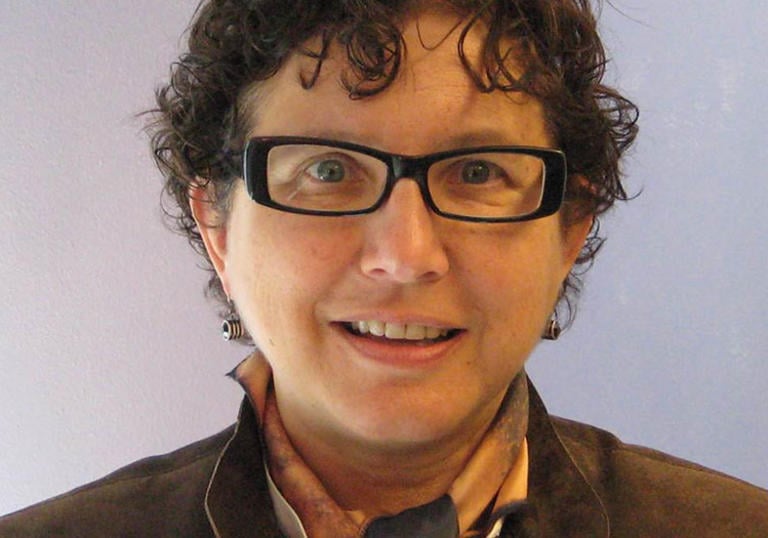If you’ve ever heard the phrase ‘New Queer Cinema’, you’ve been touched by the work of B Ruby Rich. This June there’s a unique chance to learn more with the Barbican’s programme dedicated to her 40 years as a curator and critic at independent cinema’s cutting edge, from feminism via New Queer Cinema to social documentary.
In her latest editorial for Film Quarterly, Rich offers a warning and rallying call, which will echo across the four-day programme: after Trump’s election, ‘cinema … will never be the same. It already isn’t.’ From her keynote speech to an exploration of queer media online, Rich will bring us all up to date on what she’s calling the ‘cinema of urgency’.
Club des Femmes, a queer feminist film-curating collective, is thrilled to be marking its tenth anniversary by collaborating with the Barbican, Film London and Birkbeck College to bring Rich to the UK. Back to the UK, in fact, forty years on from her first trip in 1976, at the invitation of Laura Mulvey and Peter Wollen, for the Edinburgh Film Festival’s forum on the avant-garde.
Of the festival, Rich writes, ‘I still remember making the acquaintance of a young performer … who impressed me. She wanted to start making films. Her name was Sally Potter.’ Three years later, Potter returned to Edinburgh with her debut Thriller, which Rich subsequently toured across the US – just one of the productive relationships we’re honoured to be revisiting in June.
Always thinking transatlantically, Rich heralded 1992’s New Queer Cinema in an article for Sight & Sound, and brought news of the vibrant urgencies of Central and Latin American cinema to Anglophone attention. We’ll honour this with a screening (on 35 mm) of Sara Gómez’s legendary One Way or Another (1974), which looks back at the impact of the Cuban Revolution on Havana’s working class communities, as well as Lucrecia Martel’s The Holy Girl (2004), part of the Argentinian Buena onda (good wave). The questions of where (and how) we live, and where we make art (and love), in austere times will run across the programme. We look back to the alternative spaces of the 1970s seen in Thriller – from squats and co-ops to queer bars – and think about where we come together now.
Turning traditional programming on its head to gather films and thoughts around a curator and critic excitingly reframes the Barbican’s cinemas and their welcoming environs as a place where we gather to talk as well as watch; to be Ruby Rich, as it were (as if we could!).
So while B Ruby Rich is offering a series of provocations from the stage, we are also bringing together London’s reinvigorated independent film-making, curating and critical community to be part of the conversations – and we hope that includes you.

